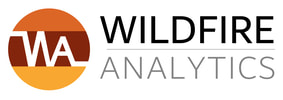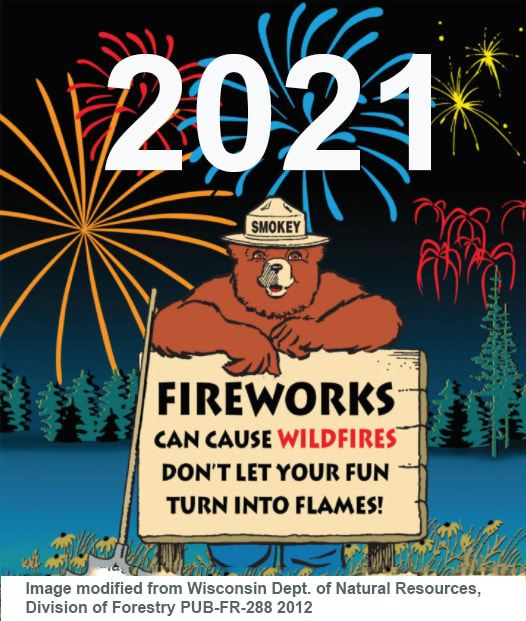We kicked-off the year by introducing a new metric for informing landscape-scale assessments of fire risk. January also involved innovations on the teaching front. The fire course (REN R 340/740 Wildland Fire Science and Management) was moved completely online for the Winter 2021 term. This involved creating 59 short video modules covering lecture materials. The online format allowed practitioners to take the course remotely (several from Parks Canada) – whose perspectives greatly enhanced class discussions. We were very fortunate to also have Sonja Leverkus sharing her insights as a guest instructor. In March, we wrapped-up our multi-year fuel management research project funded by Alberta Wildfire through the Canadian Partnership for Wildland Fire Science. Results of eight sub-projects are now in various stages of publication:
As an unprecedented fire season unfolded in BC in July, I shared my thoughts about the urgency of preparing for fire in The Conversation: “We can’t predict the next wildfire disaster – but we can plan for it”. To that end, we’ve been working closely with Dr. Amy Kim (UBC Transportation Engineering) on wildfire evacuation planning through co-supervision of an MSc student (Abdullah Al Zahid) funded through the Canada Wildfire NSERC Strategic Network and network theme lead Dr. Dave Martell. Through that project, we’ve involved other graduate students on our respective research teams and are tackling the enormous challenges of doing truly interdisciplinary research – merging biophysical fire modeling with transportation engineering. I spent much of the fall contributing to multiple proposals alongside diverse collaborators in an attempt to secure long-term funding for research in support of innovative wildfire community protection planning. Let's hope at least some of those come through in 2022. During the fall, we also kicked-off a new project funded by the National Research Council (NRC) to develop a national exposure and hazard assessment method. I’m delighted to announce that Air Forbes will be switching into the PhD program next month to extend her MSc fire pathway research (funded to date by the ICLR) with the new NRC project. The best highlights of the year definitely involved student success: Kiera Macauley and Hilary Cameron published their MSc thesis research; Richard (Siqi) Mo, Abdullah Al Zahid, Brett Stewart and Sidra Khan all made good progress on their graduate work; and Air Forbes and Kennedy Korkola both excelled at their respective MSc projects, leading them to switch into the PhD program. We also had our first field note authored by an undergraduate student, Jared Randall, who recounted his experiences working with Sonja Leverkus’ team fighting fire in BC this past summer. A special highlight for me in 2021 was delivering a U School class on wildfires to the 5/6 Class at Scott Robertson Elementary in October. I was just blown away by the students’ enthusiasm and their awesome questions as we covered the basics of combustion, the fire environment, fire behaviour and fire’s beneficial role in nature. Thanks to Alberta Wildfire for supplying the class with T-shirts and other fire swag, and to Michaela Mann (U School Program Lead), who made the day great for everyone. There were many, many other high-points in 2021 that I could mention, but in the interest of brevity, I will leave updates about some of our ongoing work, team members and collaborators, for next year – I have a feeling it’s going to be amazing!
Wishing you all the best in 2022, Jen Beverly
1 Comment
Maria Sharpe
1/4/2022 09:17:59 am
Thanks for sharing, Dr. Beverly! I've been really enjoying the field notes - great work to you and your team :) Here's to an amazing 2022!
Reply
Leave a Reply. |
FIELD NOTESOur research at the University of Alberta often involves stints in the field. Field Notes posted here are written by team members and report on their adventures off-campus. Archives
December 2024
|
© 2025 by J. Beverly
Banner photo courtesy Alberta Wildfire - Fire PWF-034 2018
Banner photo courtesy Alberta Wildfire - Fire PWF-034 2018



 RSS Feed
RSS Feed